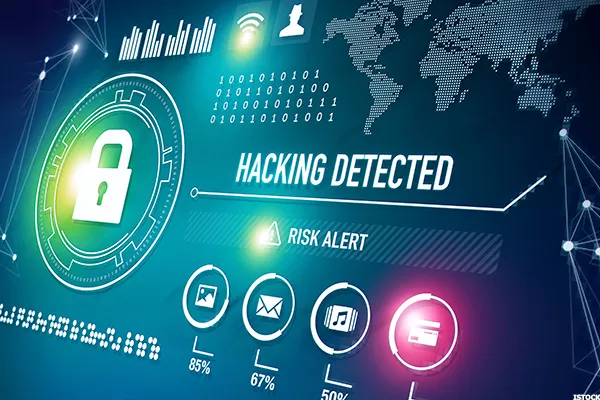
#BE SAFE
#Think Before You Click :
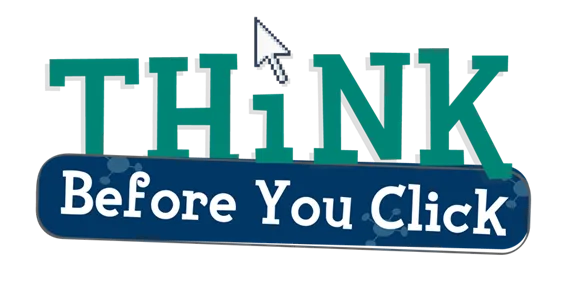
Avoid websites that provide pirated material. Do not open an email attachment from somebody or a company that you do not know. Do not click on a link in an unsolicited email. Always hover over a link (especially one with a URL shortener) before you click to see where the link is really taking you. If you have to download a file from the Internet, an email, an FTP site, a file-sharing service, etc., scan it before you run it. In such case, sometime your antivirus doesn't help you much.
#Don't use open Wi-Fi :
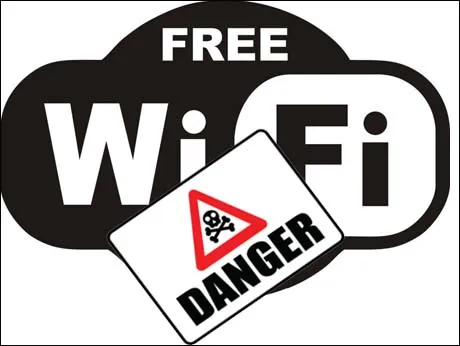
When you are at public places like Airport, Railway station, Coffee shops, Corporate Malls etc. they provide you free Wi-Fi connection but when you consider yourself to connect with Wi-Fi like this I have one advise for you please don't because the encryption standard that secures all modern WiFi networks, launched the possibility that anyone near you could easily access your information if you use a WiFi network. One of the biggest threats with free WiFi is the ability for hackers to position themselves between you and the connection point.
#Stay safe online :
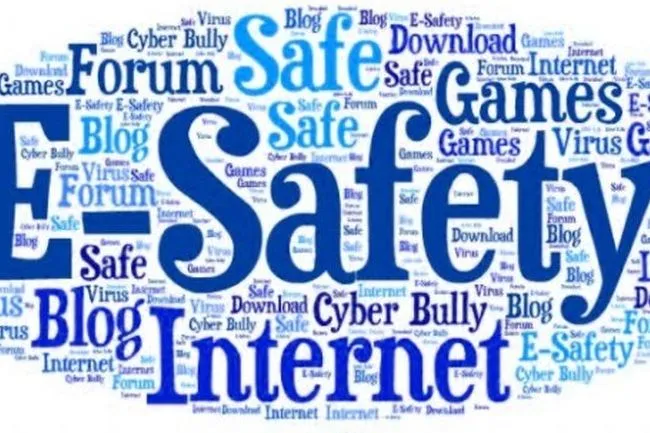
Don’t send sensitive information such as credit card numbers, wallet private key by email because it’s not secure. Look for clues about security on Web sites. At the point where you are asked to provide your financial or any other information, the letters at the beginning of the address bar at the top of the screen should change from “http” to “https” or “shttp.” Your browser may also show that the information is being encrypted, or scrambled, so no one who might intercept it can read it. But while your information may be safe in transmission, that’s no guarantee that the company will store it securely.
#Avoid Suspicious Websites :
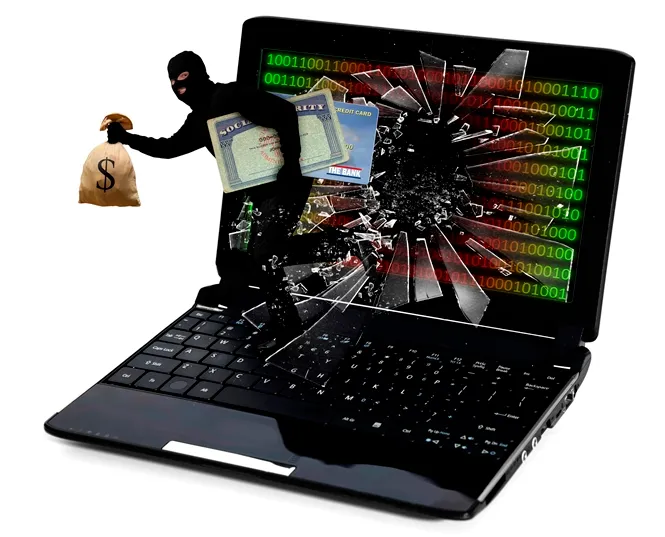
If a website suffers from poor design or multiple popup Windows, it might not be a legitimate retailer. Phishing attack happens when someone tries to trick you into sharing personal information online. Phishing is typically done through email, ads, or by sites that look similar to sites you already use. For example, you might get an email that looks like it’s from your bank asking you to confirm your bank account number. Information phishing sites may ask for, Usernames and passwords, Social Security numbers, Bank account numbers, Personal Identification Numbers, Credit card numbers, Bitcoin/Ethereum wallet private key, Your mother’s maiden name, Your birthday and so on.
Friends this post is to aware you from the scams and hacks, I know there are many more ways to be safe but I found these are the most important one, hope you found the same. If you like this post pls upvote, comment and do follow me for more such content.
